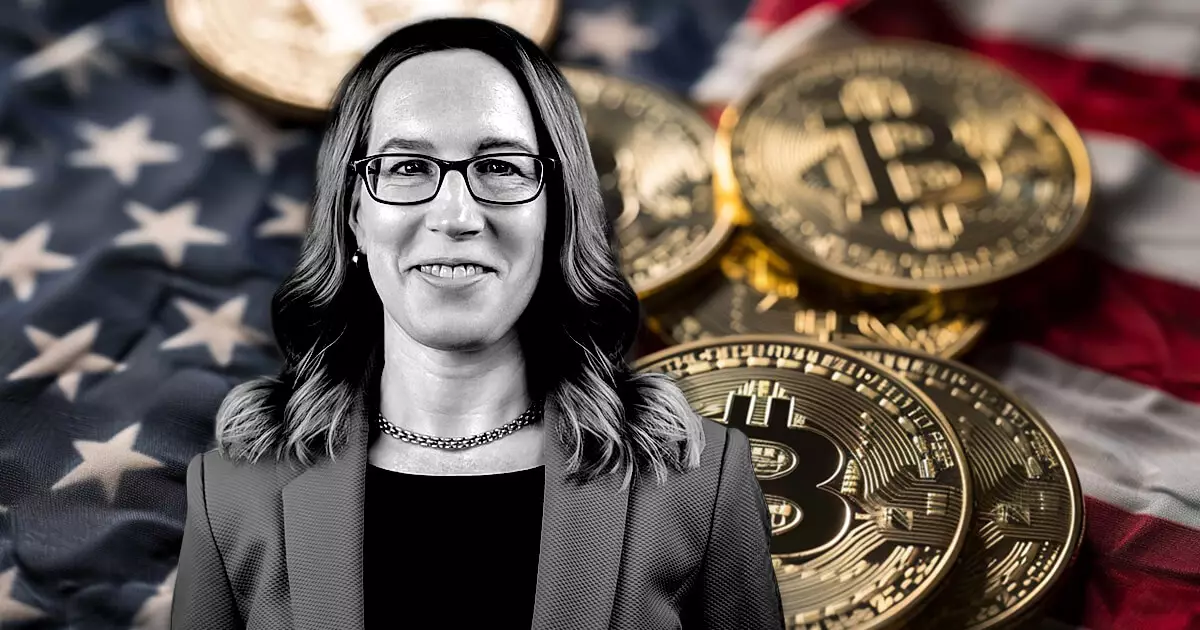US Securities and Exchange Commission (SEC) Commissioner Hester Peirce has been vocal about her ongoing concerns regarding the SEC’s Staff Accounting Bulletin No. 121 (SAB 121). In a response to a speech by SEC Chief Accountant Paul Munter on Sept. 9, where Munter reaffirmed the SEC’s unchanged stance on SAB 121, Peirce reiterated her apprehensions about the regulation. She questioned both the content and the process of SAB 121, expressing doubts about its effectiveness and implications.
Munter emphasized the SEC staff’s unwavering belief that entities must record a liability on their balance sheets to reflect their responsibility in safeguarding digital assets held for others. While Munter argued that this approach provides investors with necessary information to evaluate risks associated with safeguarding crypto assets, he did acknowledge some exceptions. For instance, bank-holding companies that secure crypto with bankruptcy protection may be exempt from recording liabilities. Similarly, broker-dealers that facilitate crypto transactions without control over cryptographic keys could also be excluded from the requirement.
Industry Reaction and Legislative Response
Despite the SEC’s intentions to enhance transparency and risk management in the crypto industry through SAB 121, the regulation has sparked concerns and controversies. Many in the industry perceive the SEC’s actions as an overreach, prompting US lawmakers to vote for overturning the guidance earlier in the year. However, President Joe Biden intervened and vetoed the repeal, highlighting the divisions and debates surrounding SAB 121.
Nate Geraci, president of the ETF Store, criticized the SEC for appearing resistant to allowing regulated financial institutions to custody digital assets. He argued that the SEC’s reluctance to provide these institutions with the ability to custody crypto assets reflects a broader hesitance towards embracing the rapidly evolving crypto landscape. Geraci’s comments shed light on the challenges faced by traditional financial institutions seeking to navigate the complexities of the digital asset space.
The ongoing controversy surrounding the SEC’s Staff Accounting Bulletin No. 121 underscores the challenges of regulating and overseeing the burgeoning crypto industry. While the SEC aims to improve transparency and risk management through its regulatory measures, stakeholders remain divided on the effectiveness and implications of such interventions. As debates continue and industry dynamics evolve, finding a balanced approach that balances innovation and investor protection remains a critical challenge for regulators and market participants alike.



















Leave a Reply